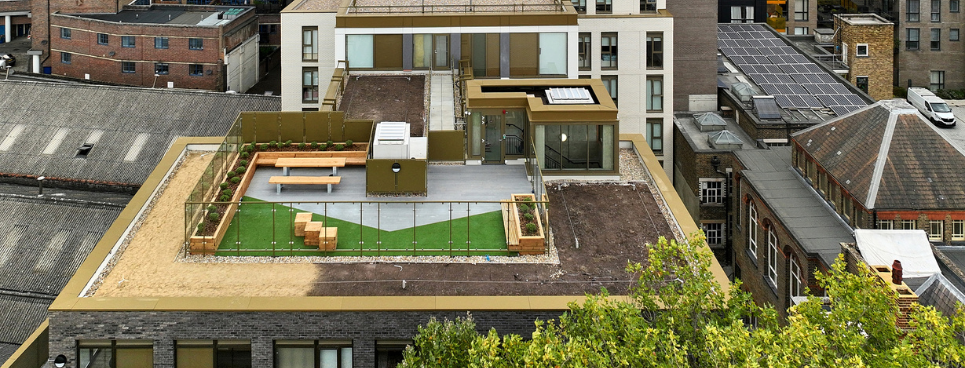News flash! Host Shortlisted for Three Prestigious GSL (Global Student Living) Awards 2025 and Retains Platinum Operator Certification
ROOMS SELLING FAST Find your new home for September
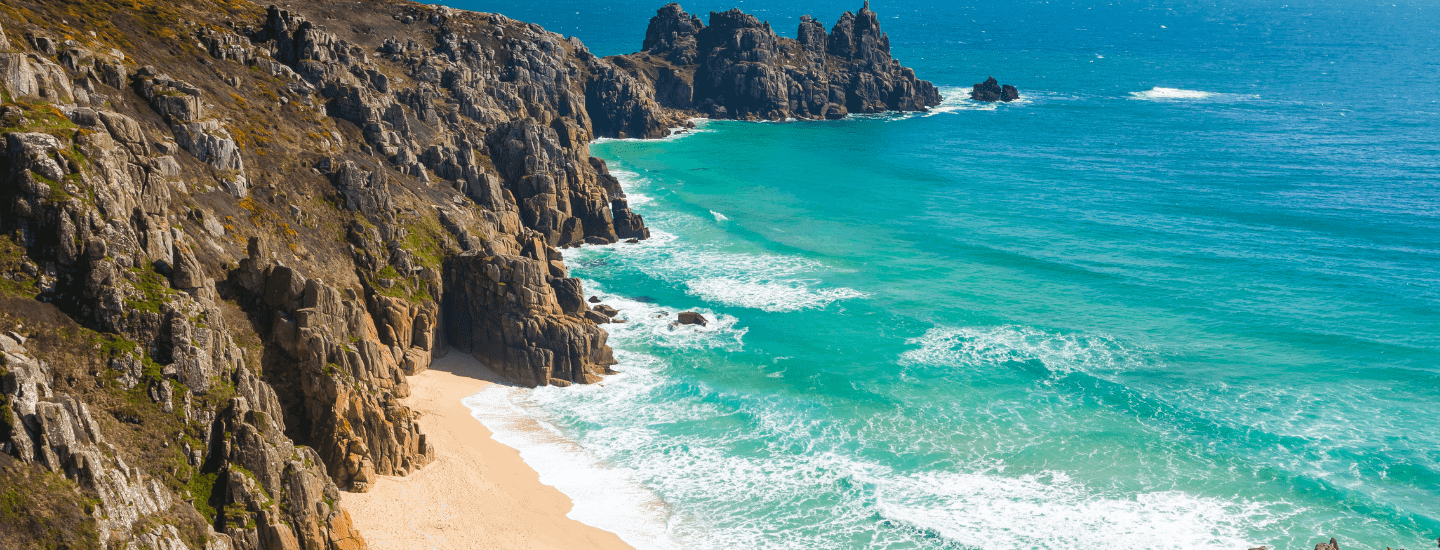
Like last year, we’re back to talk about our Oceans. They are vast and beautiful. We’ve only just started scratching the surface of what we know about them – and before we get to see it all there may be nothing left to discover. All because of the way it’s been treated. It can’t cry for help, but we can act now to reverse some of the biggest problems.
The world’s oceans do many things that benefit us. From absorbing CO2 to producing oxygen and regulating the climate. Providing one of the biggest food sources in the world. Keeping millions of people around the world employed from fishermen to marine biologists.
Even for our own mental health and wellbeing – when we think about the sound of the Ocean, and how it looks at any point in the day – we instantly feel calm. There is something magical about it. When we go on holiday we often go to the ocean. For the beach, for the waves, and for the views.
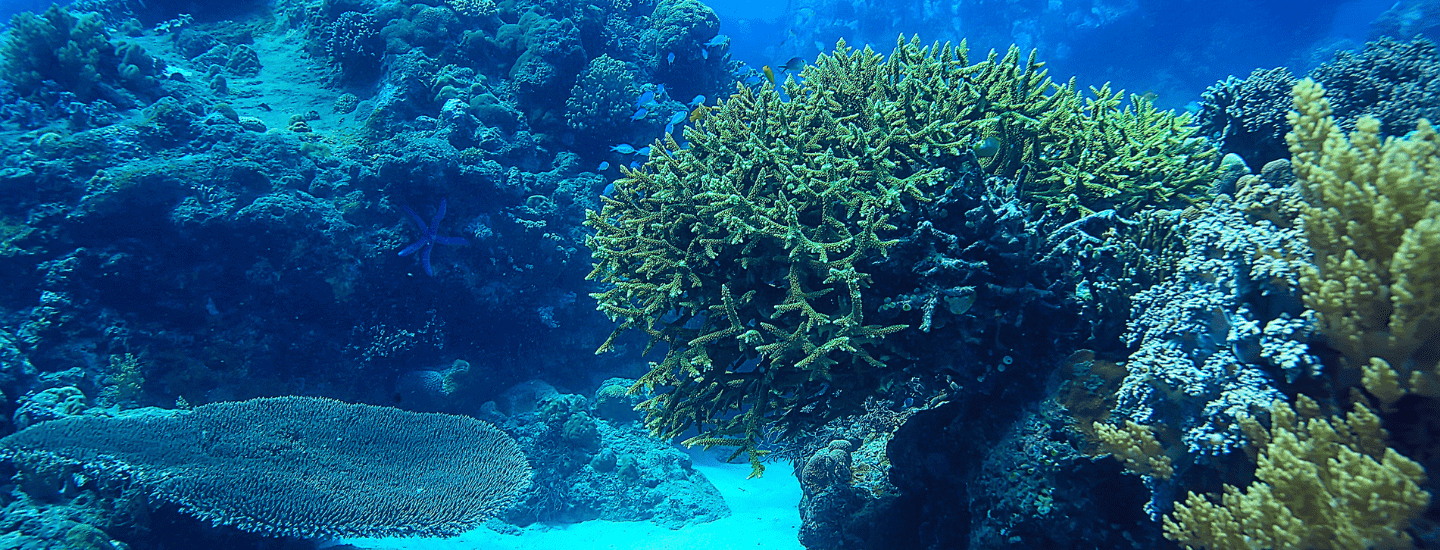
We can’t do everything. There are some issues that are too big for one individual to tackle – there must be serious change from many countries for better regulations that protect all oceans and marine life. Fortunately, we can make smart choices in our everyday lives to reduce our part in this. It’s about educating others and forming good habits.

Lowering your carbon footprint is a good place to start. Travelling by air has the biggest impact. Now many people are thinking about going abroad when it is safe to do so, but it’s worth considering alternatives.
If you plan to holiday in the UK or Europe, you can use train or local transportation services and can be much cheaper than renting a car.
If you live in all-inclusive student accommodation, you may not have thought too much about energy consumption. But it’s important to know about where you can reduce the energy you use for the future. Electricity, water, appliances. It will help in the long run to know how to moderate your usage.

Including fish in our diets has many health benefits, but we should also be aware of where it’s coming from, and how. If you’ve watched ‘Seaspiracy’, you know where I’m going with this. The sad truth is that the world oceans are being overfished – causing species to die out and a lot of wastage.
One of the ways that we can make better food choices is to check where it’s coming from and how it’s caught. The Marine Conservation Society have a Good Fish Guide that can help you decide what to buy.
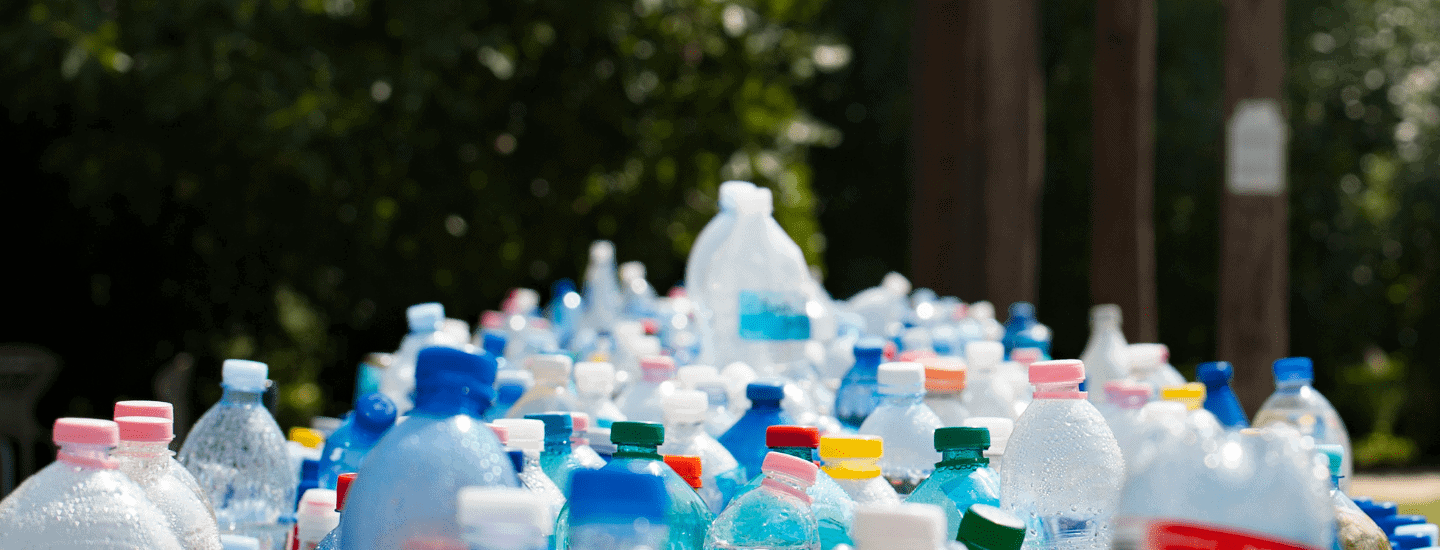
It’s hard to keep track of just how much plastic we use every day. Thankfully we are becoming smarter about only using plastic when we really must. When you browse the supermarket – bring a shopping bag instead of adding to your 50p bag collection. Who doesn’t love a smiling avocado?
You can buy cheap reusable water bottles. Many of your favourite coffee places will even give you a discount off your drink if you bring a reusable cup to use.
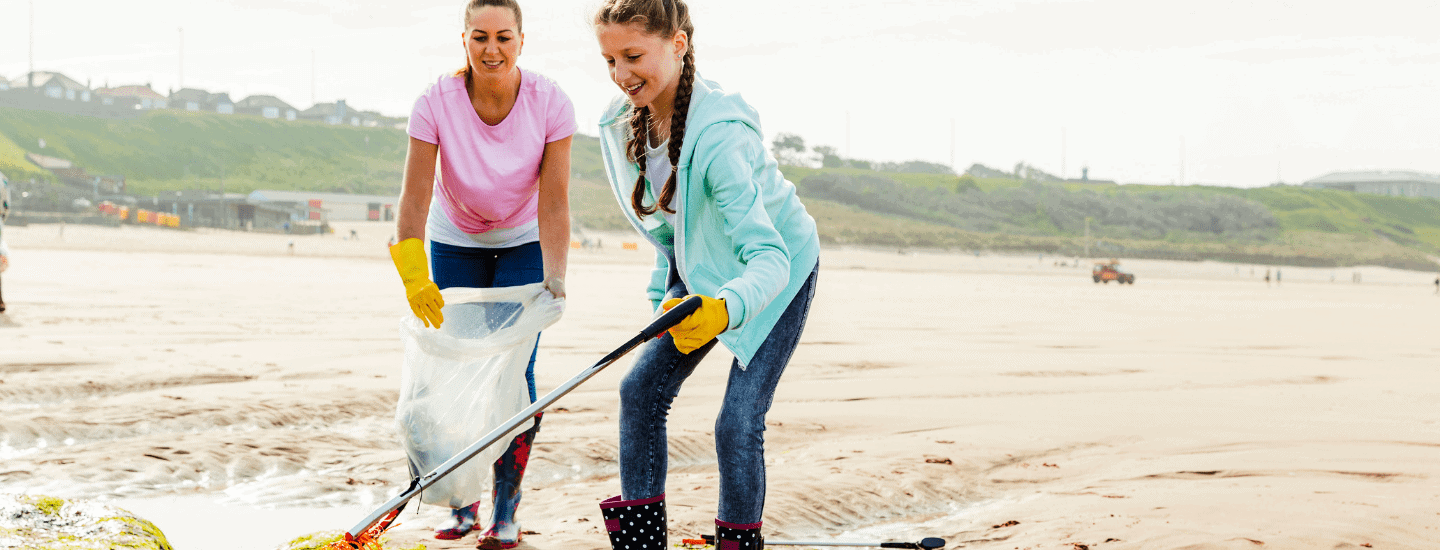
We all love going to the local beach – what we don’t love is watching other people’s rubbish blow past us when we’re trying to take in the scenery.
Host work with and support, as part of our Environmental campaign, Planet Patrol to raise awareness and take part in various events throughout the UK.
You can look for an event near you here.
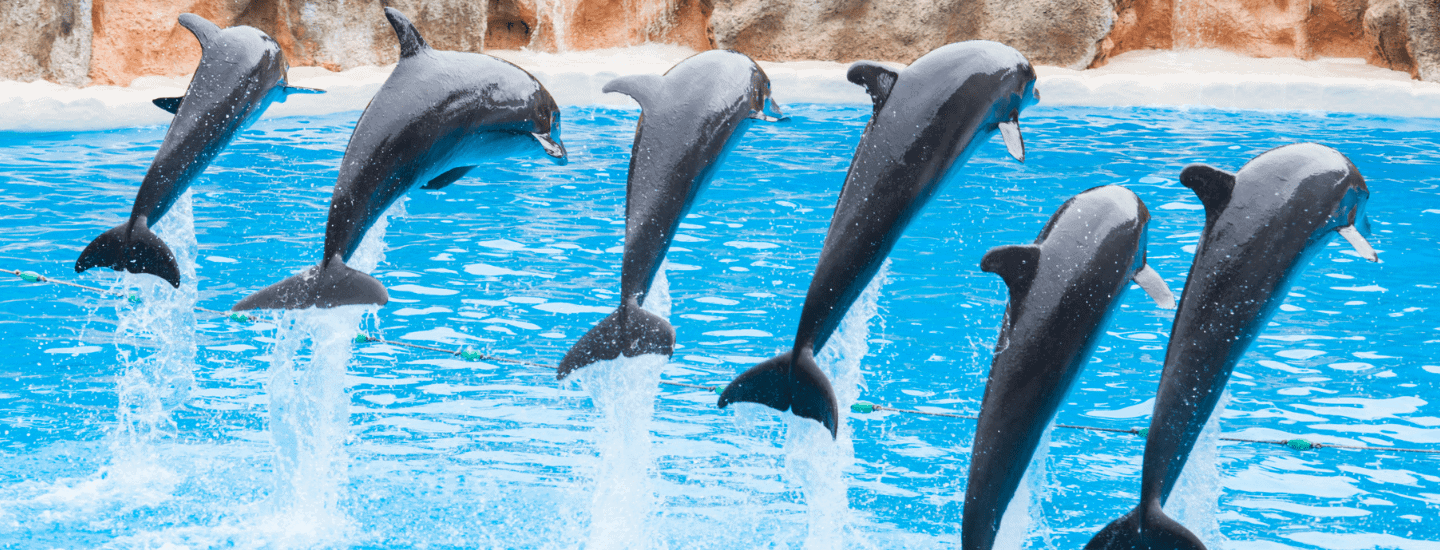
Conservation efforts are an important part of keeping endangered animals from disappearing. Some animals are kept in captivity for protection but there are many of them around the world stuck in horrible conditions and forced to perform for all of their lives. One big example of this is SeaWorld, who were at the center of the popular Netflix documentary ‘Blackfish’ in 2013 because of their treatment of their Killer Whales.
The best viewing experience we can have of these animals is from their natural home in the ocean, not in a tiny pool. You can support organisations like Ocean Conservancy that are working to make a difference for the life in our oceans.
Visit un.org and learn about the efforts that are being made for World Oceans Day, and every day to protect the oceans. The theme for this year is The Ocean: Life and livelihoods.
To become more ‘environmentally friendly’, Host is launching the #HostEnvironmentalPledge campaign to encourage responsible behaviour and drive sustainability across our sites throughout the UK and Ireland.
It’s a simple campaign! For every percent we reduce our overall utilities (electric, water and gas) consumption by we donate to one of our nominated charities.
Show me all newsAs the academic year winds down, many students start packing their bags and heading home for a much-needed break. But what if you stayed in your university town or city instead? Picking up a summer job where you study can be a game-changer - not just for your bank balance, but also for your personal growth and career prospects. Here's why staying local this summer might be one of your smartest moves yet, along with practical tips to make the most of it.
Choosing where to live during your studies in London is about more than just finding a place to sleep - it’s about finding a supportive, safe, and enriching environment that enhances your university experience. Here's why thousands of students choose Host as their student accommodation provider in London every year.



